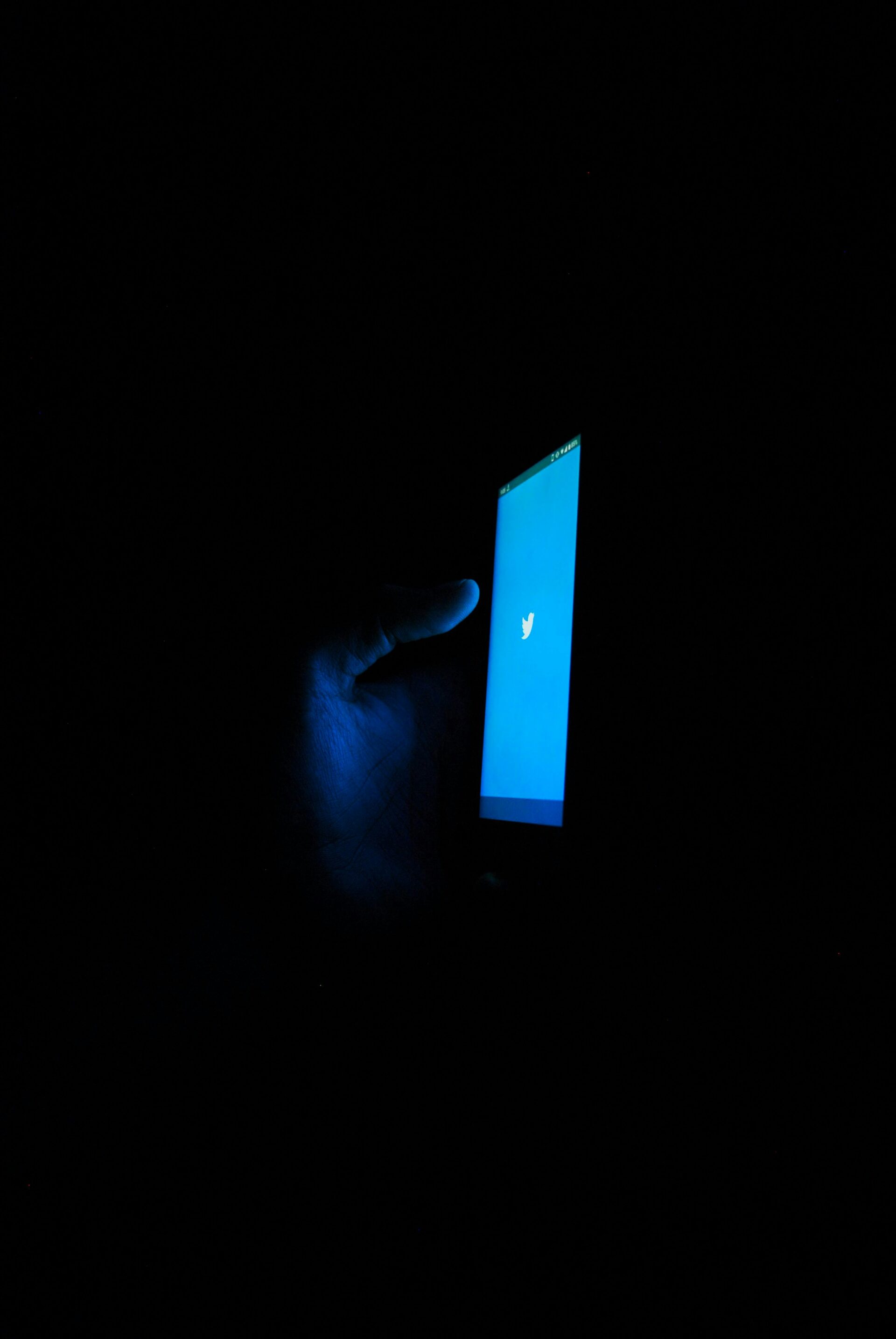If you, like me, use the social media site X, formerly and better known as Twitter, the results of the following study will probably not surprise you. That said, they may make you feel a little worse about how you have chosen to spend your days online and confirm some long-held suspicions.
A new study by Victoria Oldemburgo de Mello, Felix Cheung and Michael Inzlicht, “Twitter (X) use predicts substantial changes in well-being, polarization, sense of belonging, and outrage,” is out now in Communications Psychology. The study found a relationship between Twitter use and decreased well-being.
More specifically, being on Twitter is related to increased political polarization and outrage — and also a sense of belonging. The authors found that this was true across demographics and personality types. However, the inferred use of Twitter could shift the result: more passive usage was associated with less well-being; more social usage with a stronger sense of belonging; and information-seeking with outrage.
The authors conducted an experience sampling study, meaning they surveyed participants more than once a day over several days in order to capture changes over time. This is still a self-report method. However, where recall bias hindered traditional self-report methods, experience sampling allows the participants to better recall events and occurrences.
Like-mindedness
For this study, at least 300 participants answered at least one of the authors’ experience sampling surveys. The study’s authors later reduced this number to 252 after rejecting participants who failed attention checks or didn’t respond to enough surveys. They collected data between March and June 2021.
Notably, most respondents reported passive behavior on the social media outlet. In 74% of surveys that involved Twitter use, respondents reported scrolling their feeds.
More specifically, being on Twitter is related to increased political polarization and outrage — and also a sense of belonging.
For 66% of surveys, people said they used Twitter for entertainment. In 49% of surveys, for information seeking. Twenty-three percent used it for interacting with others, while 18% cited escapism as their reason. For just 2%, Twitter was predominantly for self-promotion. For the most part, for whatever reason they were there, they found like-mindedness: “Participants reported encountering people whose opinions differed from theirs 14% of the time they were on Twitter,” the authors wrote.
“Surprise Finding”
Loneliness appeared only at the between-person level, not the within-person level, suggesting that it may not be the case that Twitter inherently exacerbates loneliness. Rather, loneliness might be driving users to Twitter. Still, “At the between-person level, people who used Twitter a lot were lonelier and more bored.”
They also found that, at the between-person level, those who retweeted a lot were more polarized; those who used Twitter as escapism were more outraged; and those who used Twitter for social interaction had a stronger sense of belonging.
The authors also identified a “surprise finding.” At the within-person level, those using Twitter for entertainment were more polarized. The authors speculated that there was a systemic explanation: whatever the reason you’re on Twitter, you’re in an echo chamber.




















